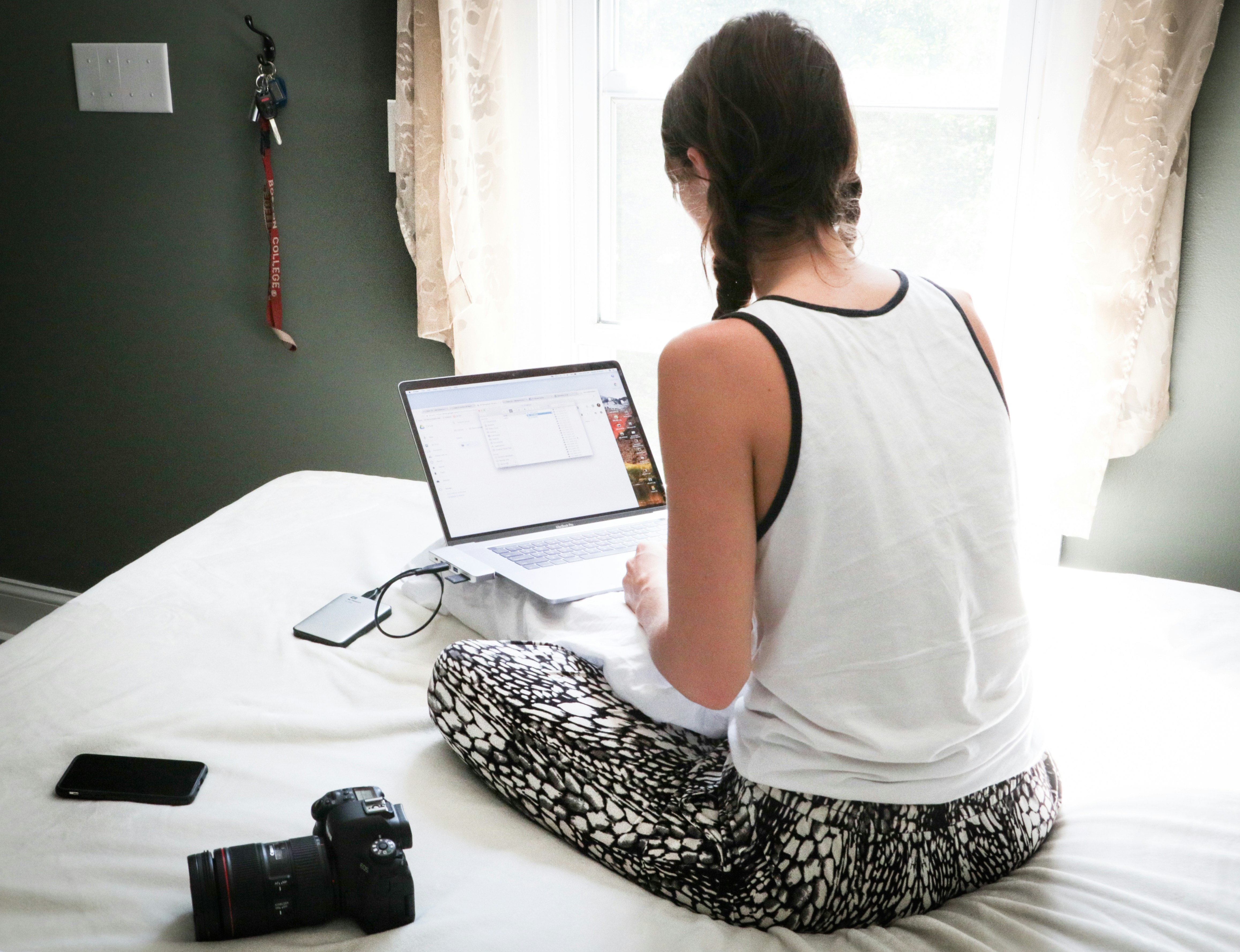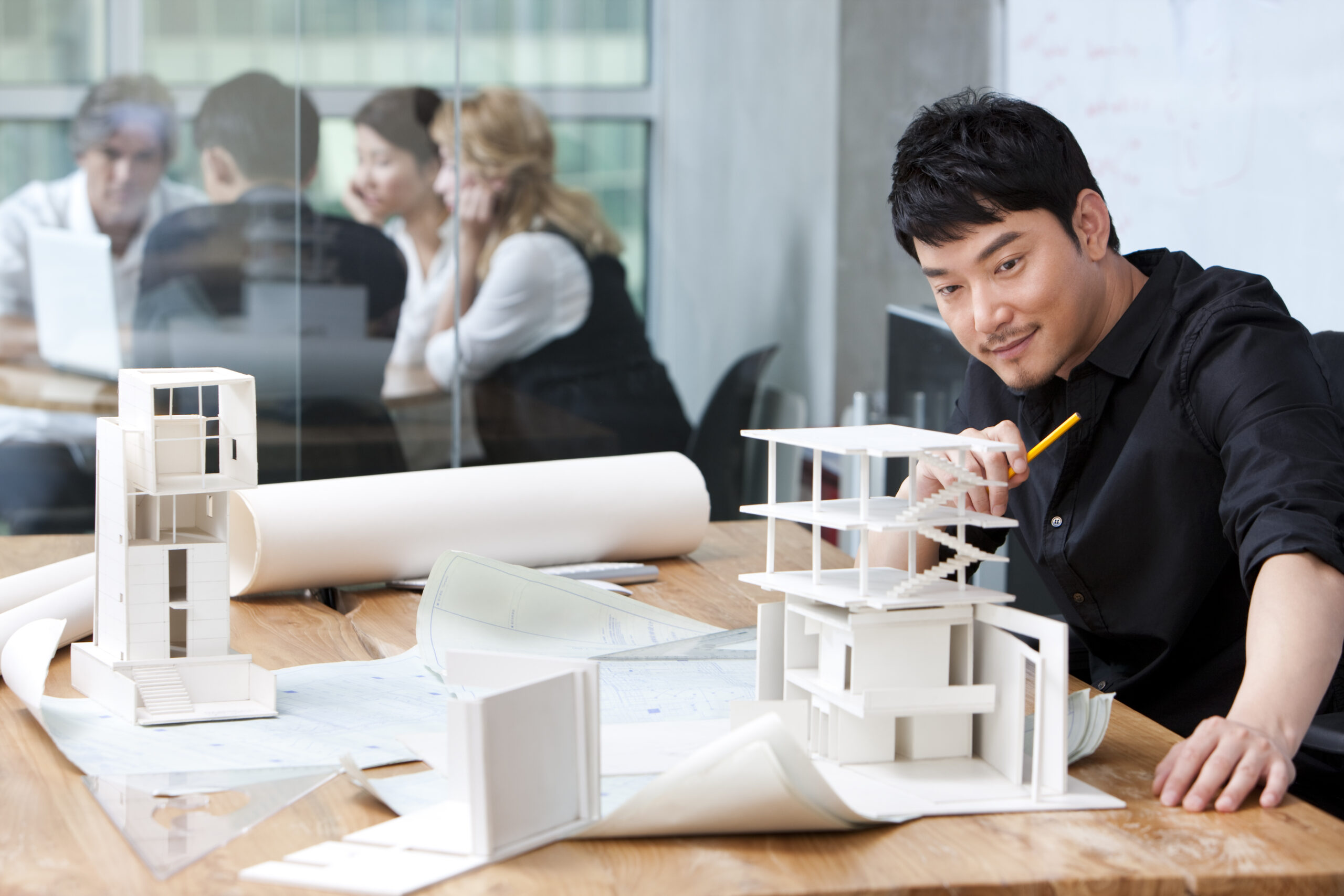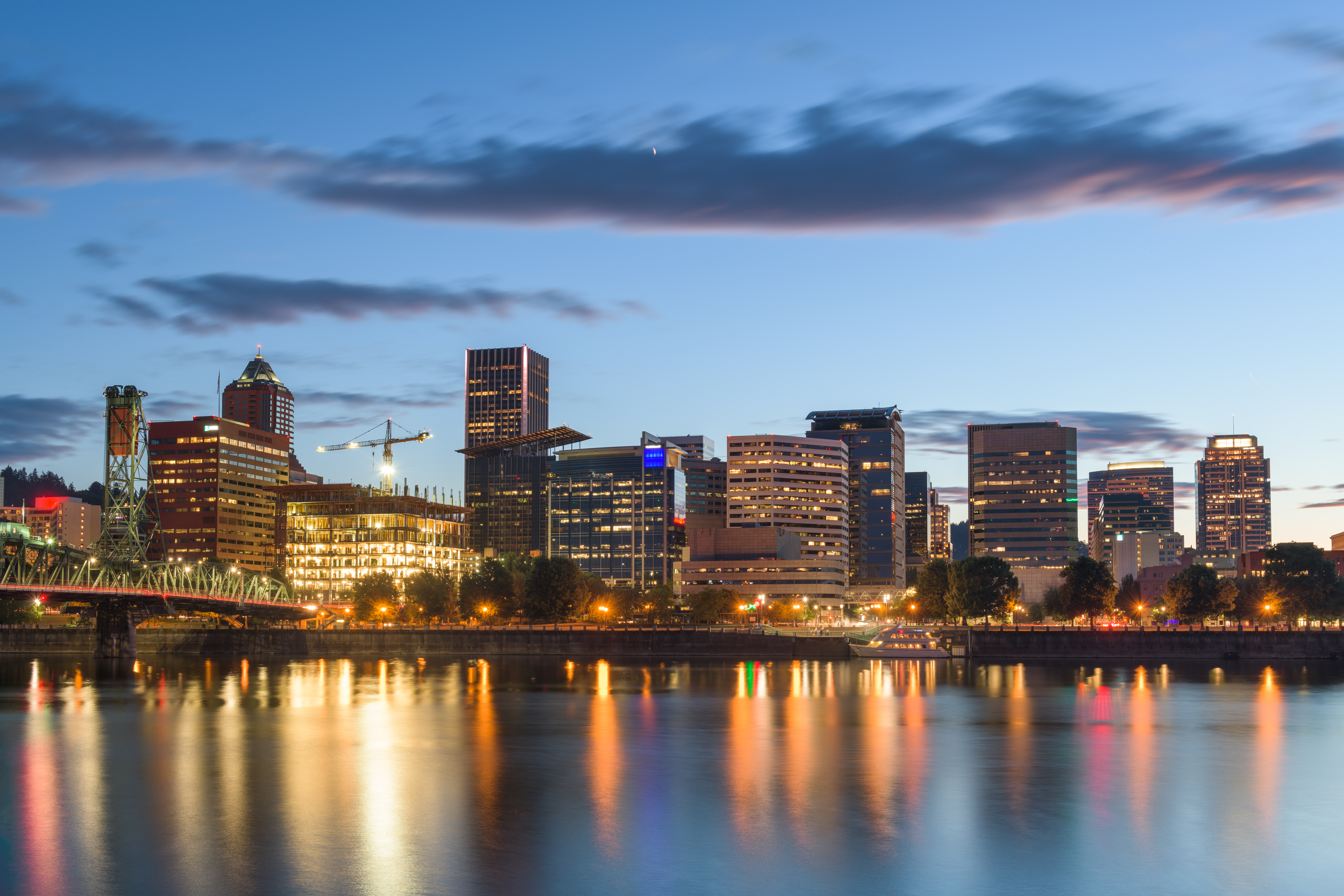Over the course of 2020, people around the world have been spending more time online, and, as a result, more time on their computers. As a result, a lot of people have realized that they’ve only just been getting by with their existing laptop and need a more powerful machine in order to continue moving forward working remotely with the right machine in 2021 and beyond. Particularly because of their versatility, laptops often have to balance a mixture of work as well as entertainment. That can mean it’s tricky to balance your performance needs with your budget, especially depending on what your line of work is.
Whether you’re planning on picking up a few more side hustles to make money and need a dedicated work machine or are one of the millions of people unable to get a PlayStation 5 this holiday season and are looking to upgrade your laptop to do more gaming, there are a lot of choices you’ll need to make as you shop around for different laptops. One of the most common questions you’ll have to answer as you start to look at your options is how much memory you want in your new laptop. Many times, people colloquially refer to memory as the storage size of the hard drive if they aren’t in the know about computers or technology. That being said, memory can also be a shortened way of talking about Random Access Memory, or RAM, which helps your computer perform tasks more quickly. Read on for a quick primer about both types of memory in regards to laptops, as well as some tips for shopping for the right machine.
Where’s the best place to buy a laptop?

While the internet is a great place to do a lot of research about different laptops on the market, if you’re going to spend a significant amount of money on a computer (or any piece of technology for that matter), it’s always a good idea to try before you buy. Just like test driving a car, the impressions you have using a computer can tell you a lot about its ergonomics and how satisfied you are with how it meets your needs. You can definitely get a feel for laptops visiting a big box retailer, but there’s something to be said for the service available to you at a smaller local retailer, too.
For example, if you live in Arizona, it can make a lot of sense to visit a Tucson computer store to get a more local experience while you’re shopping and trying different options. Unlike bigger retailers, you can get much more personalized service from a smaller business, even getting pointers about different upgrades that you can modify certain machines with to better suit your needs. Whether you’re using your laptop to look up your blind date on social media beforehand or downloading the latest free-to-play first-person shooter game, a sales rep at a smaller computer store may be able to help steer you in the right direction with a level of care that bigger retailers may not be able to provide.
How much storage should a laptop have?

Many people think that computer memory is directly related to the storage available on the laptop’s hard drive, which isn’t exactly true. That being said, having more storage on your laptop can still be an important factor as you compare different laptops in your price range. When it comes to selecting the properly-sized hard drive for your laptop’s onboard storage, it’s a good idea to consider what your day-to-day laptop usage is like. If you download a lot of photos or videos regularly, you’ll likely want a bigger hard drive. This is because software and your computer’s operating system take up space, too.
Even so, there are other storage options available to you if you have to opt for a laptop with less internal storage. For example, you may want to invest in a device that’s equal parts photo saver and organization tool. Having a tool that allows you to keep your photos straight across multiple devices, including your smartphone, social media accounts, and laptop can help you maximize your storage capabilities. Some external storage devices offer the ability to store, categorize, and share hundreds of thousands of photos, which can be a major boon if you take a lot of photos or create your own videos.
How much RAM should a laptop have?

RAM is another type of memory that’s important to consider when you’re shopping for laptops. Many times, laptops are less powerful than desktop computers, and a lot of this comes down to their graphics cards and RAM. Different pieces of software require different types of RAM. For example, the minimum recommendation of RAM for a photo editing platform like Adobe Photoshop is 8 GB, while the overall recommended amount of RAM is 16 GB or more. Make sure to do some research about the software you use regularly and figure out what the recommendations are for RAM are for these tools or games. You may also want to pay attention to any other technical requirements and specifications of your laptop before you make a purchase in order to ensure that you’re able to use your laptop well into the future.
As you can see, there are numerous factors to weigh as you’re planning your next laptop purchase. When it comes to how much memory or storage your laptop has, there’s no hard-and-fast rule that will fit every person or situation. That being said, by visiting a store to get a hands-on feel for the laptop you’re considering and doing some research online, you’ll be able to make an informed choice when it comes time to buy a new laptop. Generally speaking, the more intensive your needs are, having more storage can’t hurt, but personal preference has a big role to play. By prioritizing your preferences and staying within your budget, you’ll be well on your way to having a machine you’ll love to use day-in and day-out.
















